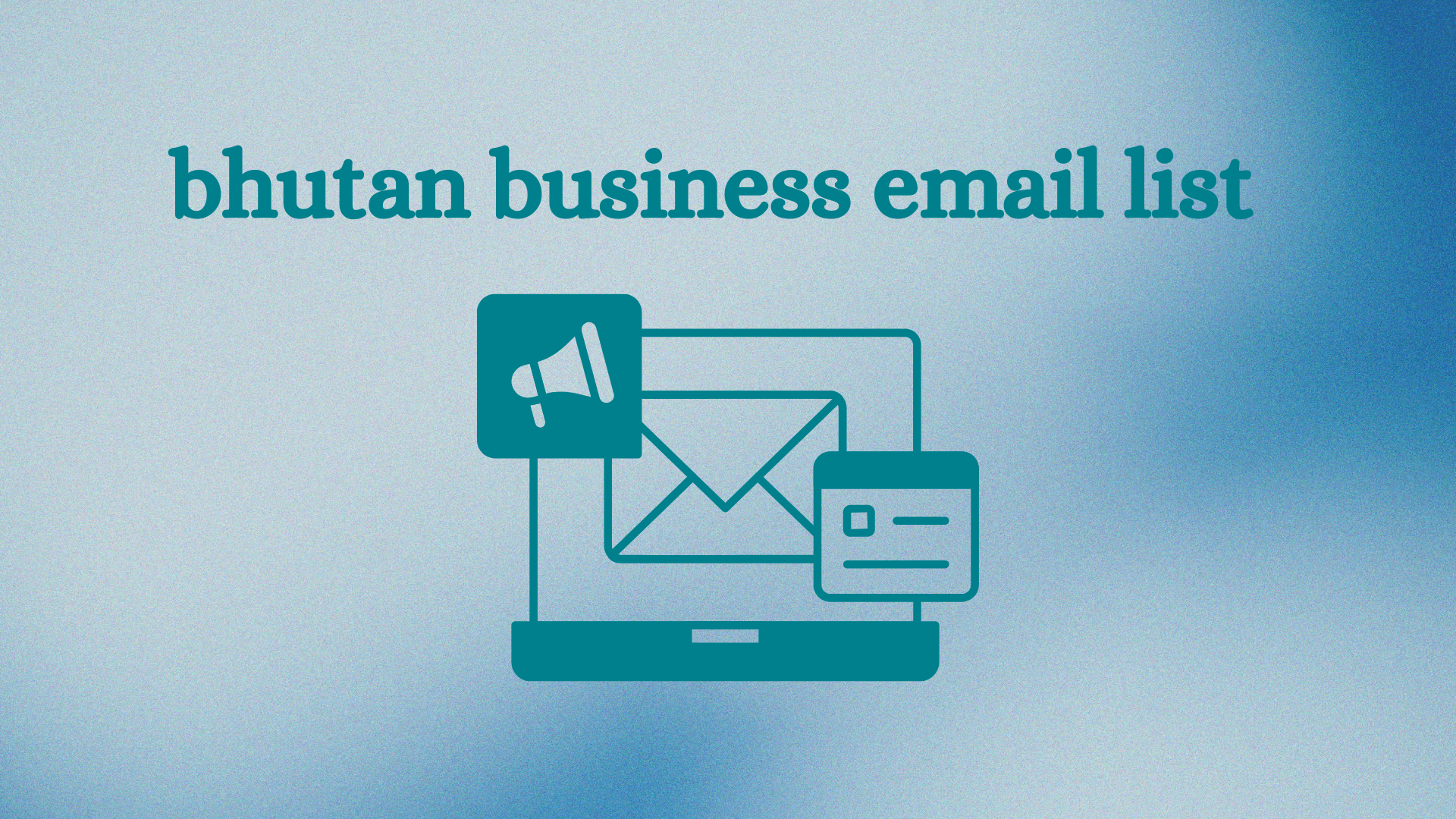Data-driven decision making
Data-driven decision-making is one of the main goals of modern marketing. In Brazil, companies such as Magazine Luiza and Natura have been using big data and analytics to guide their marketing strategies. Using data allows companies to personalize their campaigns, improve the customer experience and maximize return on investment (ROI).
Practical example: Magazine Luiza
Magazine Luiza is a notable example of how data-driven decision-making can drive marketing success. The company has invested heavily in technology and data analytics to understand consumer behavior and adapt its marketing strategies. For example, during the COVID-19 pandemic, the company used data to identify products in high demand and adjust its promotional campaigns in real time, resulting in a significant increase in online sales.
Research and relevant data
According to a McKinsey study, companies that use data effectively in their marketing strategies are 23 times more likely to acquire customers and 19 times more likely to be highly profitable. In the Brazilian bhutan business email list context, the National Household Sample Survey (PNAD) by IBGE revealed that more than 80% of the Brazilian population is connected to the internet, which emphasizes the importance of using data to segment and personalize marketing campaigns.

Increase brand visibility
Another key objective of successful marketing is to increase brand visibility. In Brazil, with increasing competition in virtually every sector, companies need to ensure that their brands stand out in the market. This can be achieved through branding, advertising, public relations and digital presence strategies.
Practical example: Nubank
Nubank is a prime example of how increasing brand visibility can lead to success. Since its launch, the Brazilian fintech has invested heavily in digital marketing, using platforms like Instagram, Facebook , and YouTube to build a strong brand presence. The company has focused on clear and direct communication with its customers, which has helped create a loyal and engaged user base.
Brand visibility data
According to the "BrandZ Brasil" survey, conducted by Kantar, brands that invest in visibility are more likely to be remembered and chosen by consumers. The study showed that the most valuable brands in Brazil, such as Itaú, Skol and Bradesco, are those that maintain a strong and constant presence across different communication channels.
Customer engagement and loyalty
Engaging and retaining customers is one of the most complex and, at the same time, crucial challenges for the success of any marketing strategy. The goal here is not only to attract new customers, but to ensure that they continue to choose your brand over and over again. In Brazil, loyalty programs, content marketing and CRM (Customer Relationship Management) strategies are widely used to achieve this goal.
Practical example: Dotz Loyalty Program
The Dotz loyalty program, popular in several supermarket chains and stores in Brazil, is an example of how to engage and retain customers. By accumulating points that can be exchanged for products and services, Dotz is able to keep its customers engaged and encourage them to continue shopping at partner stores.
Impact of loyalty in Brazil
According to data from the Brazilian Association of Loyalty Companies (ABEMF), loyalty programs generated more than R$6 billion in 2022, demonstrating the effectiveness of these strategies in the Brazilian market. A study by Bain & Company revealed that increasing customer retention by 5% can result in a 25% to 95% increase in profits, reinforcing the importance of loyalty.
Conversion Optimization
Conversion rate optimization is another key marketing objective, especially in a digital environment where every website visit can be converted into a sale, lead, or other desired action. In Brazil, companies have been investing in CRO (Conversion Rate Optimization) to maximize the results of their digital marketing campaigns.
Practical example: iFood
iFood, a leader in the food delivery market in Brazil, has been using conversion optimization techniques to increase its sales. The company uses A/B testing, user behavior analysis and offer personalization to ensure that each interaction with the customer has the highest conversion potential.
Conversion Optimization Data
A study conducted by Econsultancy showed that companies that adopt CRO practices have an average conversion rate 2.5 times higher than those that do not invest in this strategy. In Brazil, the growth of e-commerce, which reached R$161 billion in 2021, according to the Brazilian Electronic Commerce Association (ABComm), highlights the importance of optimizing conversions to capture this opportunity.
Personalizing Customer Experience
Personalizing the customer experience is an increasingly valued goal in successful marketing. With the advancement of technology and access to an increasing amount of data on consumer behavior, Brazilian companies are increasingly focused on offering personalized experiences that meet the individual needs and preferences of each customer. Personalization is not limited to offers and promotions, but also encompasses communication, customer service and even the design of products and services.
Practical example: Netflix Brazil
Netflix is a global example of successful personalization, and in Brazil, the company has excelled by adapting its algorithms to offer highly personalized content recommendations. By analyzing the viewing habits of Brazilian users, Netflix is able to suggest films, series and documentaries that are aligned with each subscriber’s tastes and preferences. This not only increases the time users spend on the platform, but also contributes to loyalty, as customers feel that the company understands and meets their entertainment needs.
Successful marketing is built around clear, measurable goals that must be constantly monitored and adjusted based on data and market feedback. In Brazil, the marketing landscape is dynamic and full of opportunities, from data-driven decision-making to conversion optimization. Companies that understand and apply these principles in their strategies are better positioned to achieve success and stand out in an increasingly competitive market.
